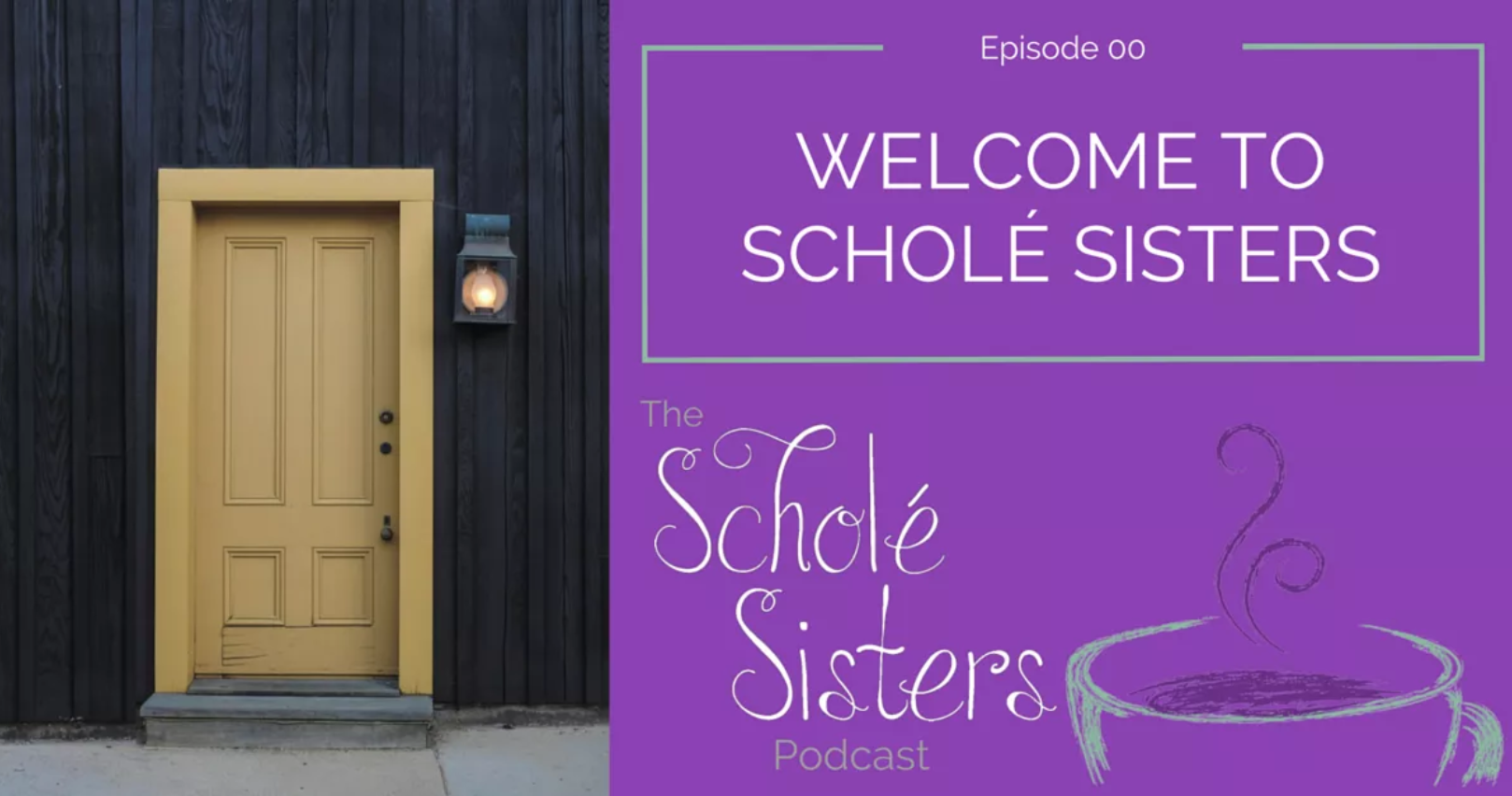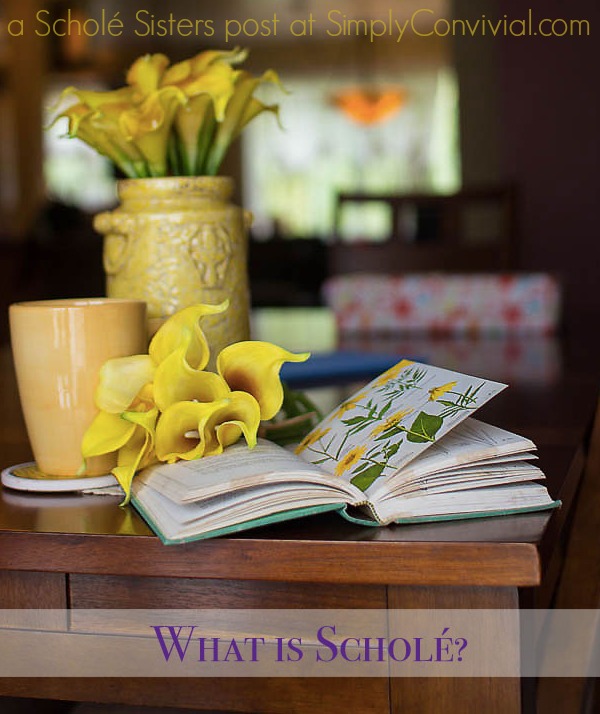What does scholé even mean?
Blame Josef Pieper and Christopher Perrin.
Pieper’s seminal work, Leisure, the Basis of Culture opens with this:
[pullquote align=”center”]
[/pullquote]
The classical ideal for education, which culminated in philosophy, was that its goal was truth-seeking, not profit-earning. To be pursuing education, philosophy, or theology was to be at leisure, because one was not concerned with productivity, profit, or politics. We think now of education being a different sort of work – intellectual work – but still work, partly because most moderns only have two categories: productive work and unproductive amusement – or, useful and not-useful. School, in our minds, fits into the productive work category, which leads us to emphasize results, production, and checklists.
To the ancient mind, scholé was about pursuing truth and losing oneself in the process. The category was broken down less along productive/unproductive lines, but along self-oriented and truth-oriented. To be out working in the world was to be pushing your own goals forward; to be seeking scholé was to set your own agendas and goals aside for the sake of seeing, experiencing, and seeking truth. Scholé means seeking Truth, Goodness, and Beauty first and foremost, laying aside personal agendas, prideful goals, and desires to control so that we can be open and able to embrace Truth, Goodness, and Beauty when we see it.
And we should be seeing it all over the place. God is True, Good, and Beautiful, and we are reflections of Him, called to increase our reflection of Him more and more as we mature and grow all our lives.
So is our focus in our day-to-day homeschools about achieving our own ends or about encountering Truth, Goodness, and Beauty? It might look exactly the same in method, but it is the motives and the priorities – the heart – that is different.
In his lectures and webinars, Christopher Perrin applies scholé in such a relatable and inspiring way; really, this video is what triggered conversations and connections among us that ended up launching this site. If you haven’t watched it, please take the time to do so now, especially if you’ve wondered what we’re about here.
Click through to CAP’s YouTube channel to see the next 3 parts to that lecture.
This is Perrin and Sarah Mackenzie:
And this is Restoring Scholé to School:
Where do you see scholé in your homeschool? Do not despise the small moments.
Find some camaraderie with likeminded homeschool moms. Listen to the Scholé Sisters:
[columns]
[column]

[/column]
[column]

[/column]
[column]
[/columns]


Wow, Mystie! I had only seen one of these videos before. You’ve just given me a way to scholé! :)
What a great post, thanks! Sadly, I didn’t get it in my no email subscription?
I love that I found it by following you all on twitter though, thanks!
It was just published too late to go out in the morning email feed. Sorry about that!
The whole issue of productive work vs. non-productive amusement is such a conundrum in my life – how to change my thinking about leisure, how to value rest, and how to stop grading our lives based on our out-put. I appreciate these thoughts you’ve shared. Looking forward to watching the videos! Thanks, Mystie.
Yeah, it’s a big mental hurdle to leap, especially in our modern society. I can’t say I’m finished making the leap myself, but I’m in the process anyway!
Like Brandy, I am thankful for the new videos to view. Thank you for that, Mystie.
As to where I find schole in our homeschool…for me this is apparent in our “grand conversations” – which are not always so grand, but always valuable – that occur after a reading has taken place. The conversation may be immediate, or it may be evident in my son’s play later in the week, or it may be something that occurs months after the fact — but in all cases it is evidence that true knowledge has taken root. And that is highly satisfying. :)
I love those conversations that happen weeks later unprompted! It’s such a signal to me that their minds are working, even when it doesn’t look like it during lesson time. We have to be patient and willing to accept those impromptu conversations that don’t happen on our timeline – they “count” toward learning much more than what we would by default “count” on our daily lesson plans.
Exactly! Extremely well stated.
Thanks for posting the videos Mystie! I have already watched the one with Sarah. I look forward to watching the other two. :)
Hi! Can I use this from your blog as my personal mantra/tagline: “pursuing truth and losing oneself in the process”. That is the best explanation of schole I believe I have ever heard.
Yes, of course!